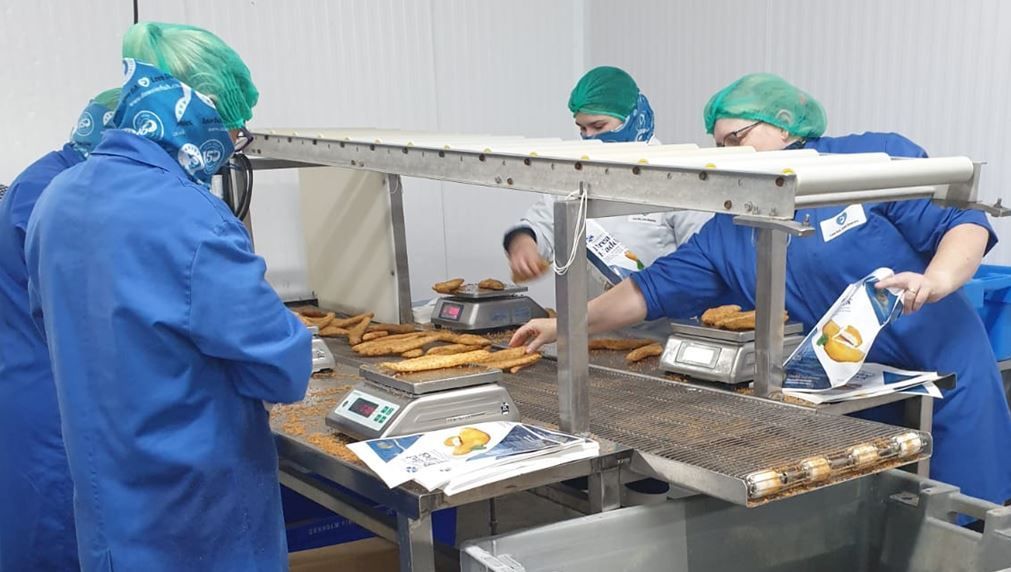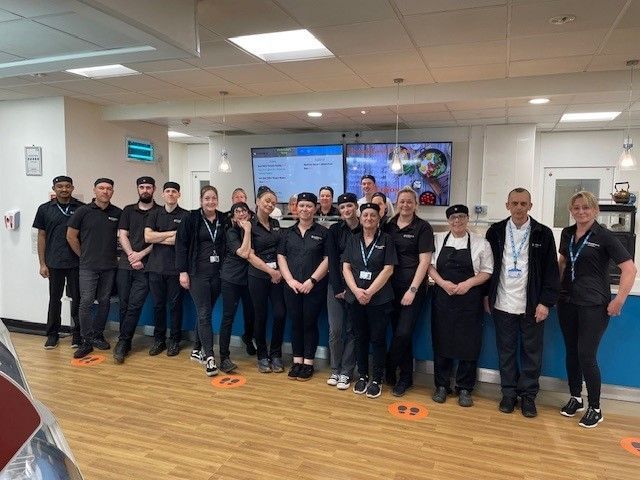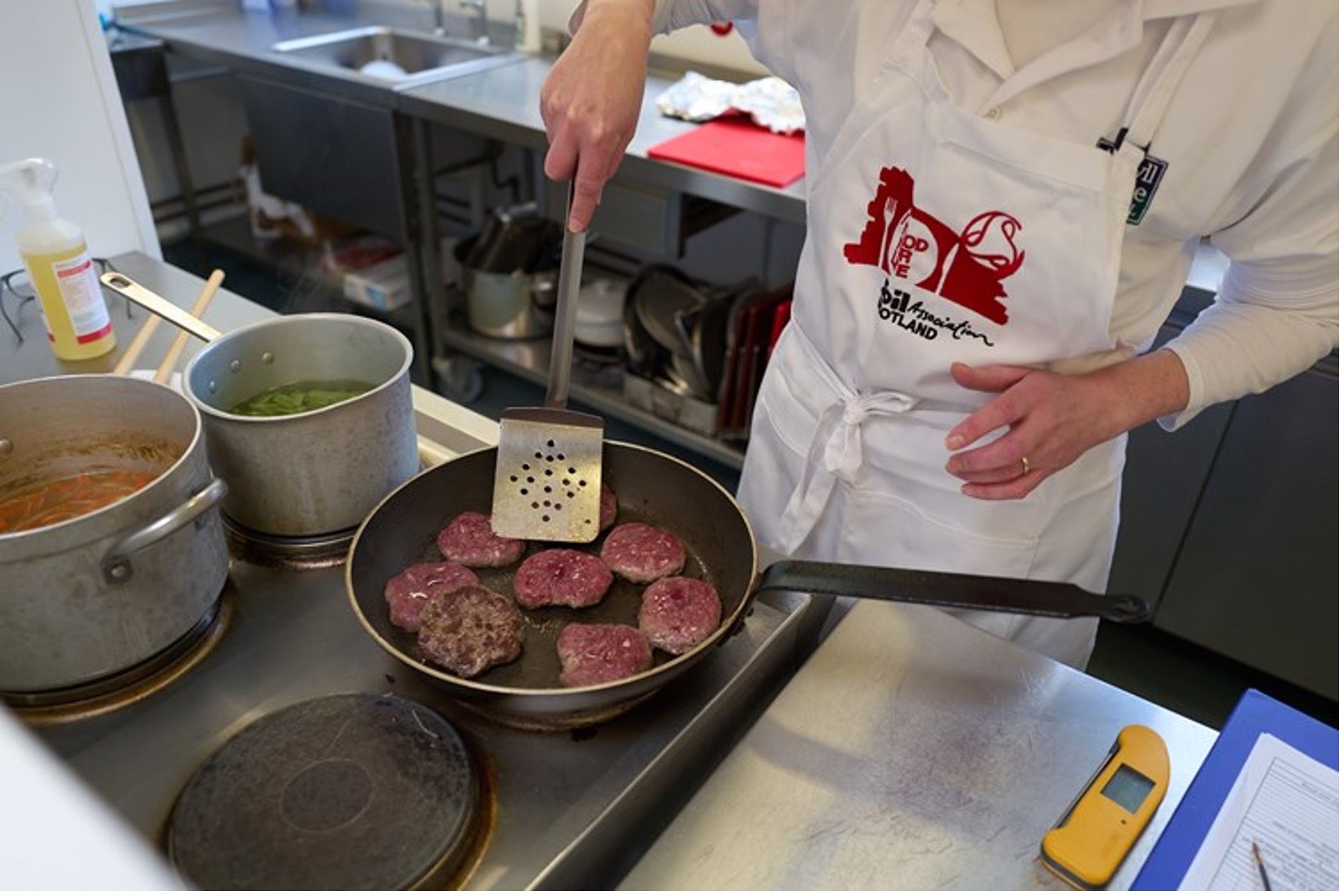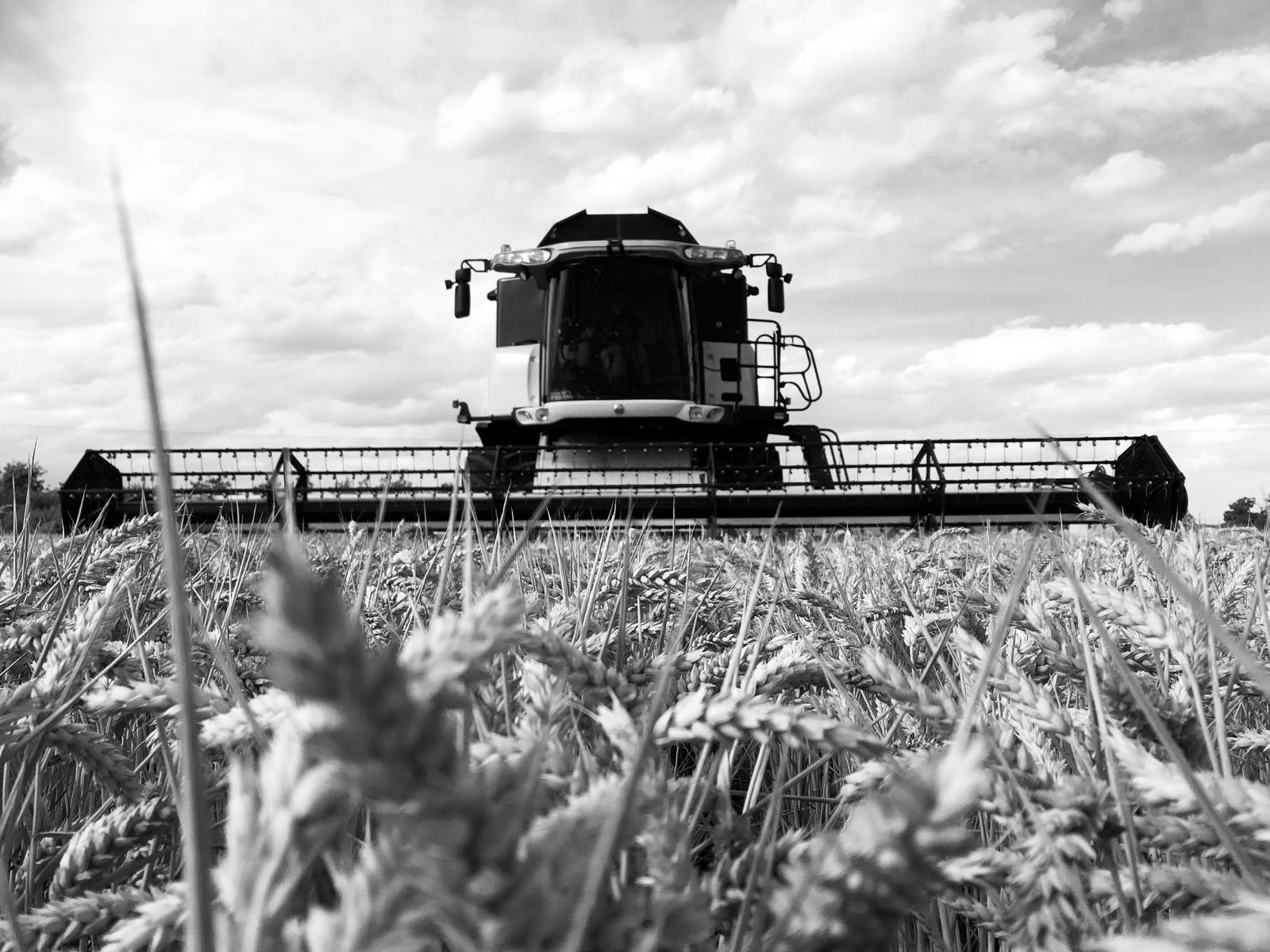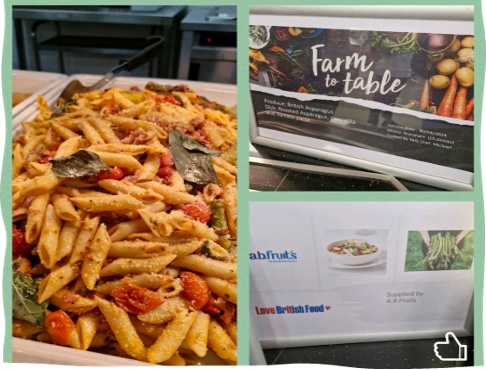As a Stakeholder and supporter of Love British Food, The Sustainable Restaurant Association shares insights into why the provenance of our food matters and how restaurants can celebrate the best of British food.
It’s hard to deny that sharing the provenance of your ingredients is a valuable marketing tool. When customers can connect with the story behind their meal, both their dining experience and your brand become more memorable. But – beyond meeting consumer demand – what role does provenance really play in your restaurant’s sustainability work?
The benefits of local food
At The SRA, our mission is to drive positive change by building a hospitality sector that is socially progressive and environmentally restorative. As part of this, we encourage businesses to choose products that are fully traceable and suppliers who actively work to protect the environment and uphold human rights across the entire supply chain.
There is a wealth of benefits associated with building short, local supply chains. These are far more resilient than more complex global chains, which are more vulnerable to issues like climate shocks, pandemics or international conflicts.
Buying local food also supports small-scale agriculture, keeps more money in the local economy and helps your business put down deeper roots in its community. Without long journeys or weeks of refrigeration, it also often means that you’re getting fresh, in-season produce when it’s at its absolute best – and often at a more reasonable price. Read on for some advice on how to celebrate provenance in your kitchen operations and on your menus.
How your kitchen can celebrate provenance
Making provenance one of your core values means demonstrating your commitment to sustainable, traceable and ethical sourcing across every aspect of your business. Here are some ways that your kitchen team can bring provenance to the forefront.
- Choose local farmers and suppliers where possible. Build stronger relationships with your suppliers and have conversations about their values and practices. Re-evaluating your supply chain to bring provenance and traceability to the forefront won’t happen overnight, but can have a huge and lasting impact.
- Consider more than food miles when you think about carbon. Of course foods grown closer to home will have lower travel-related emissions, but consider production methods, too; for foods with high emissions – such as beef – distance travelled will contribute a relatively small proportion of the carbon footprint. The energy used in production matters, too. For example, tomatoes grown in heated greenhouses in the UK may actually have a higher footprint than those imported from countries where they can ripen in the sunshine – even when you take the extra transport into account.
- Go further than carbon: in what other ways does the production of each food affect the environment? Is that farmer using regenerative farming methods that nourish the soil and protect natural ecosystems? Was this fish caught from over-exploited stocks? Does this pork come from a happy, healthy, outdoor-reared pig?
- Explore what food heritage means to your business, then use this as a way to let provenance shine through. For a pub, this might mean reinventing comfort food dishes once traditional in your area; for an Indian restaurant, maybe it’s recreating classic Goan dishes using local British ingredients.
- Make sure everyone across your supply chain is treated fairly. This gets trickier for ingredients that must be sourced from further afield, like citrus fruits, coffee or chocolate. In these cases, look for those certified by reputable international bodies like Fairtrade or MSC to ensure sustainable sourcing and fair treatment of farmers, fishers and growers.
- Make use of a diverse range of ingredients; think heritage breeds, ancient grains and unusual varieties of fruit and vegetables. Supporting farmers who work with less common species can be a fantastic way to showcase your area’s food heritage, while also building better biodiversity and stronger ecosystems.
- Waste less food. A kitchen that works under a zero waste ethos is one that truly honours the resources and hard work that are required to produce every bite of food – a true celebration of provenance.
How to share provenance on your menu
The more you can share of the stories behind your ingredients and dishes, the better. Not only are customers hungry for this information, but celebrating provenance encourages a greater understanding of food’s origins and the impact behind every one of our food choices. (It’s also a way to communicate quality and attention to detail, helping to justify a higher price point!) Here are some ways you can bring provenance to life for your customers.
- Where possible, focus on primary producers – the origins of your ingredients – rather than the suppliers through which they came to you.
- Include all your menus. Putting provenance on your breakfast, lunch, dessert and even drinks menus is just as important as doing it on your à la carte.
- Add producer information to each of your menu descriptions, or consider a separate provenance statement.
- Don’t be afraid to get creative! You could use blackboards or sandwich boards, a card on each table, a QR code that connects to a page on your website, or simply the front page of your menu. Visuals can really bring it to life: could you include photos of your producers, or a map showing where your food comes from?
- Make sure your front-of-house team is confident in communicating not just the stories behind your dishes, but also why this matters. Why not organise staff visits to the farms that supply your business? This can be very effective at deepening their connection to the food and giving them the language they need to talk to customers.
- Consider taking the Food Made Good Standard – the only global sustainability accreditation that’s designed especially for the industry, and a great way to share your sustainability work and attention to provenance with your customers, staff and stakeholders.
British Food Fortnight – 20th September – 6th October 2024
The leading national celebration of British food takes place again this Autumn, a chance for all the UK to get involved, join in the celebrations and support British Food Fortnight.
Work more closely with your suppliers, highlighting existing British ingredients on your menus, trialling new ingredients, or creating dishes for menus showcasing local producers.
Interested in learning more about the Food Made Good Standard? Find out how it all works here or drop us a line at standard@thesra.org with any questions.
Share:
You may also be interested in...
